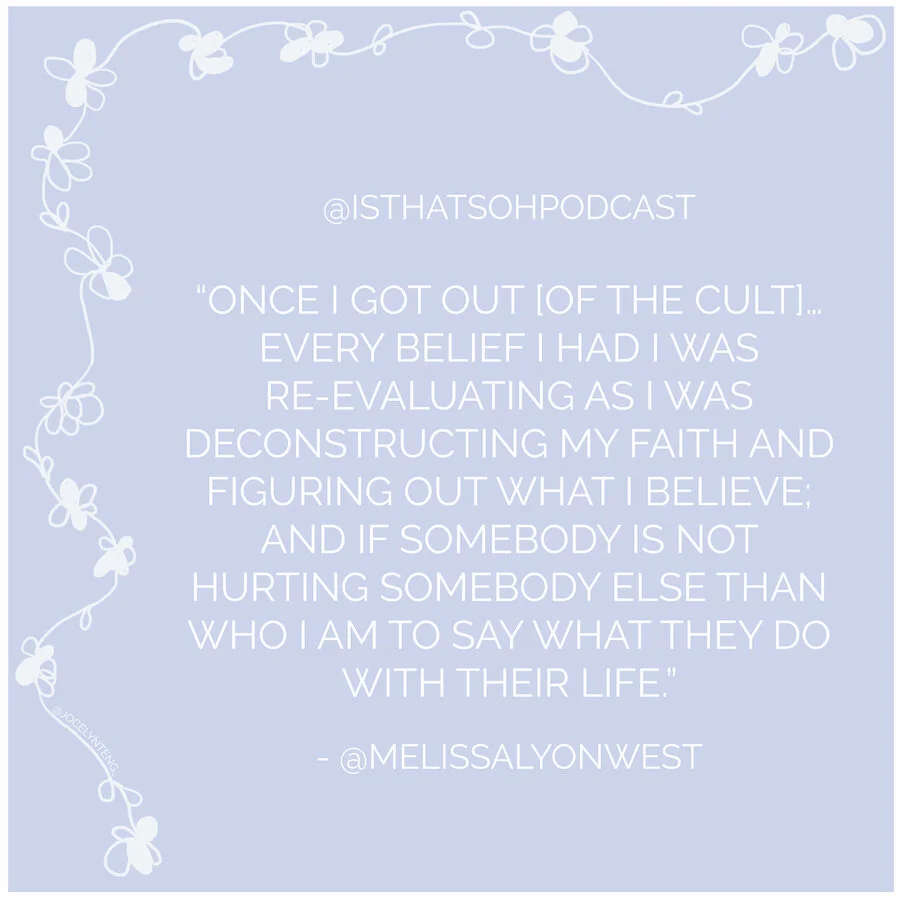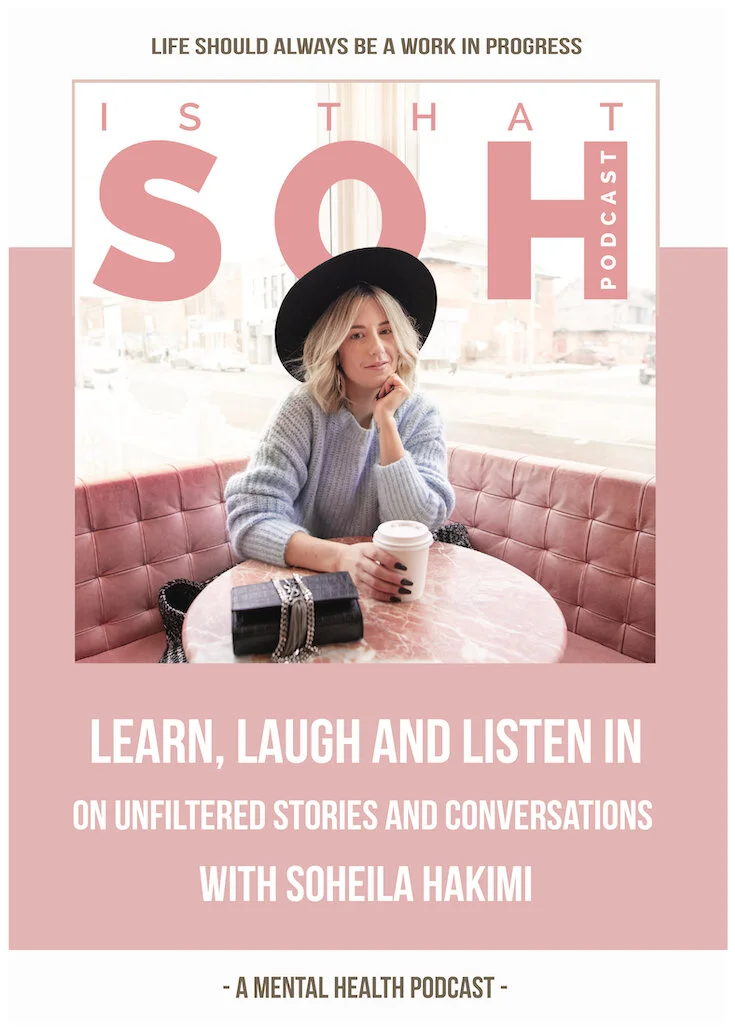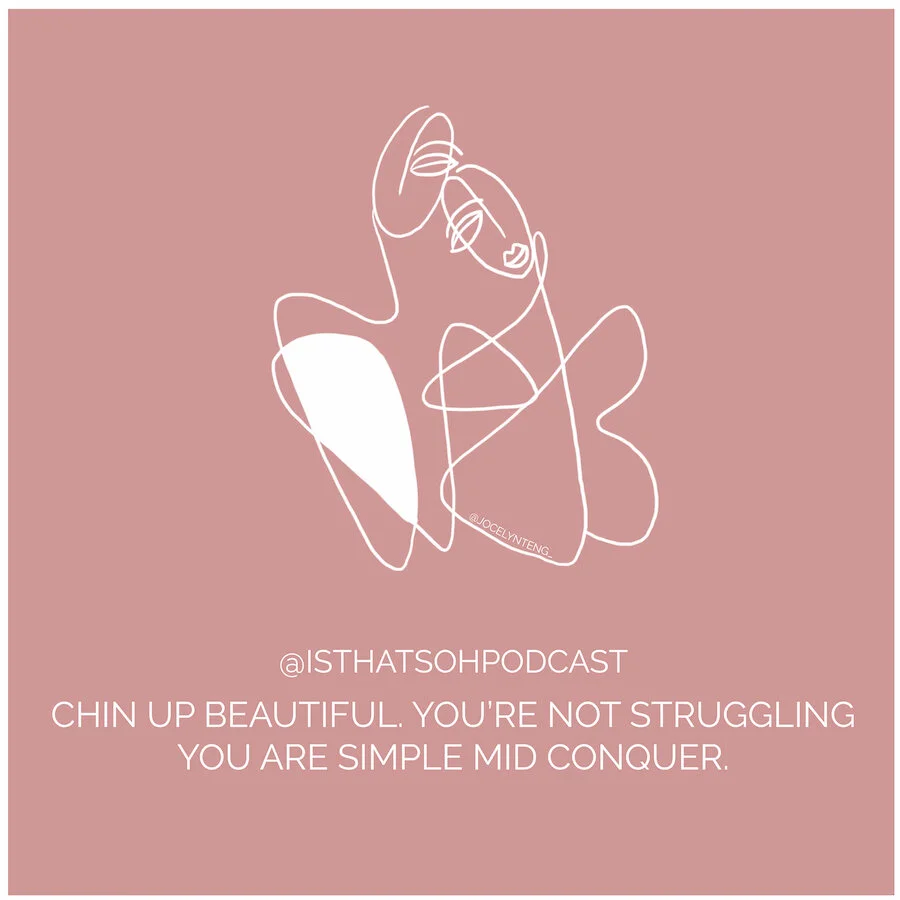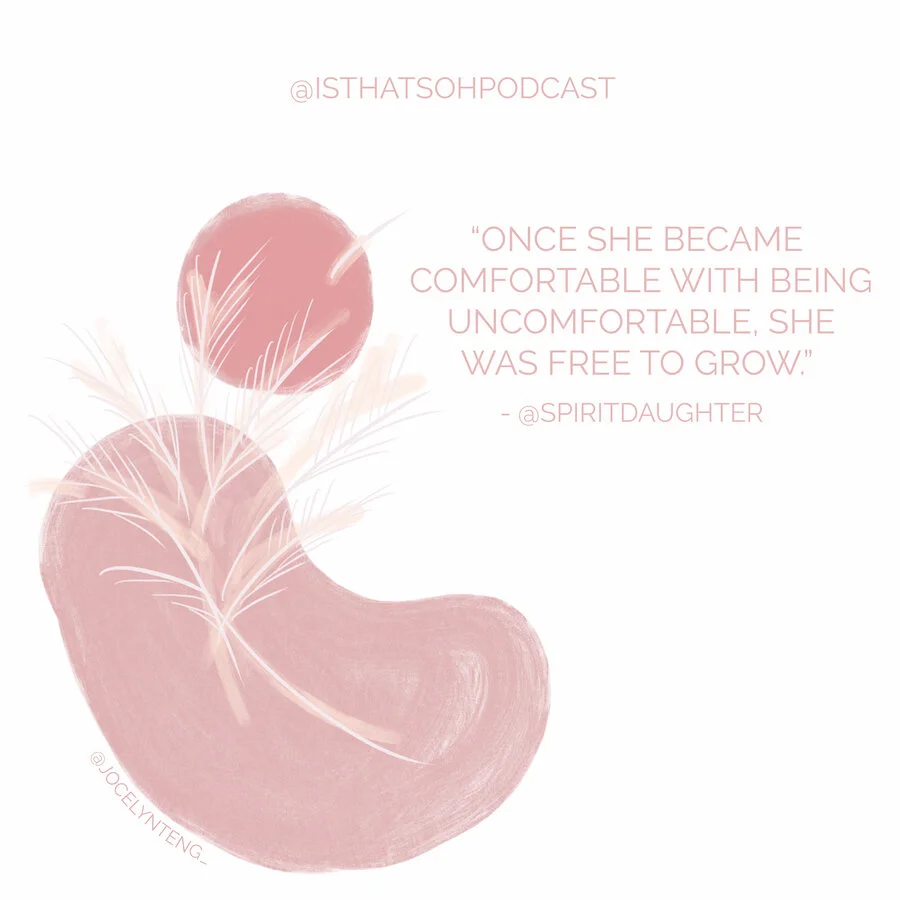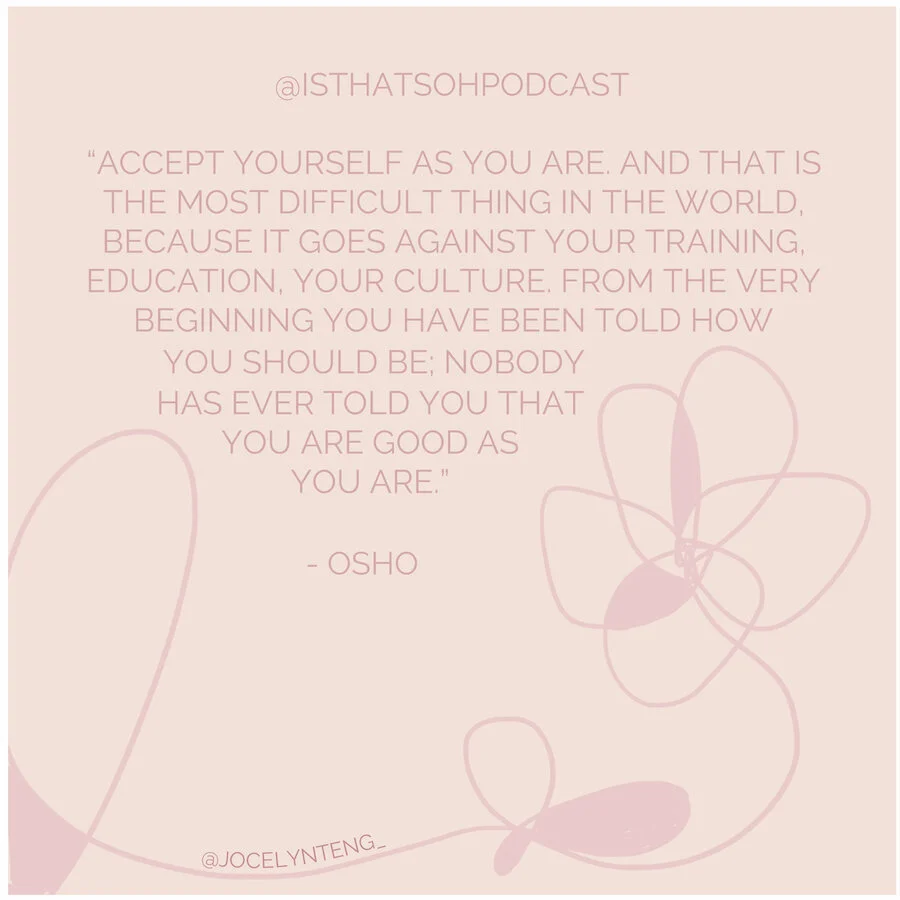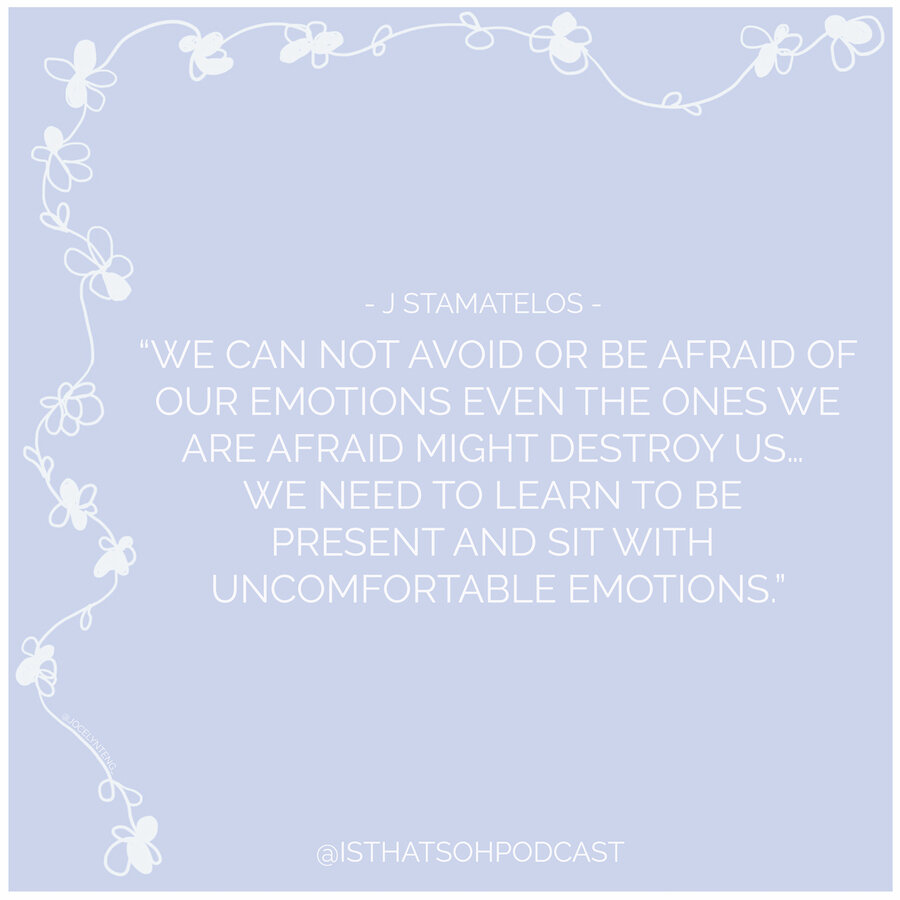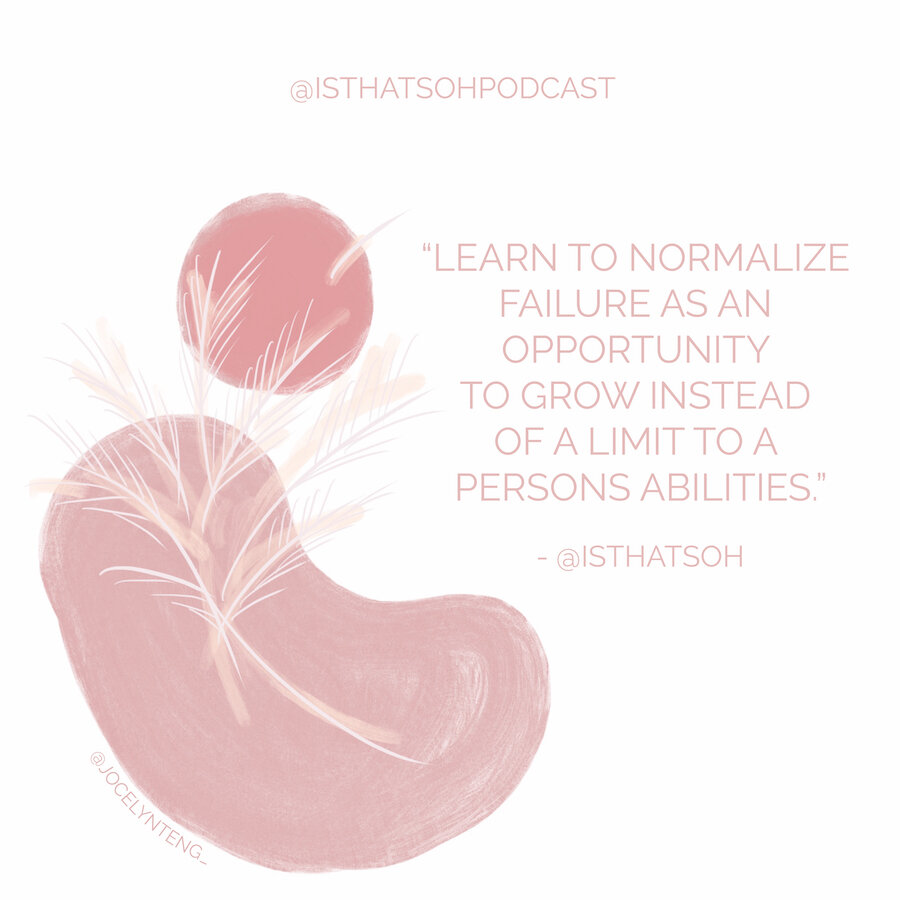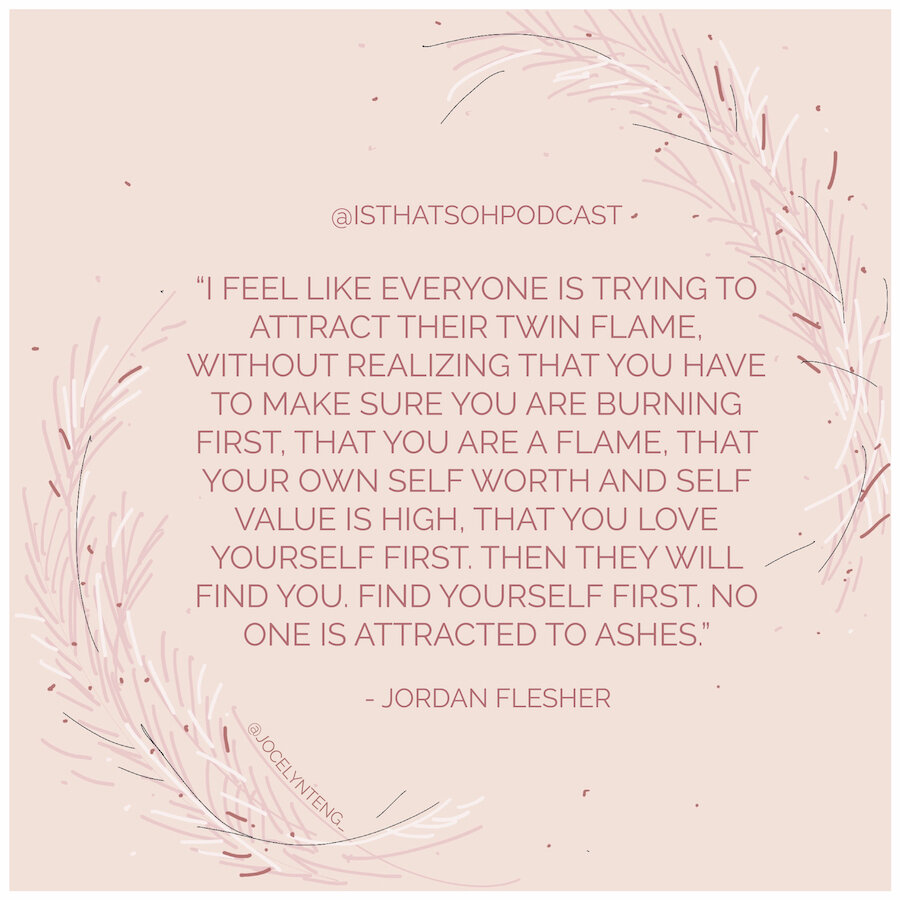EPISODE 31: GROWING UP IN A CHRISTIAN CULT AND HOW TO OVERCOME FEAR IN LIFE WITH MELISSA WEST
* Please Note - Some links in this post may be affiliate links *
Hello Friends and welcome back to the Is That Soh Podcast!
Today on the podcast I have invited confidence and self-worth coach Melissa West to come on and share her story of what it was like to grow up in a Christian cult, and how she found the courage to overcome her fears to leave and follow her dreams.
For over 30 years, Melissa lived in a Christina cult with no voice or power. Living under the rule of her father, Melissa was physically and mentally abused, scared, and trapped. Today, through her coaching services, she help women and those who are tired of living in fear overcome self-doubt, build confidence and find their worth so they can live their life boldly too.
CHECK OUT THESE OTHER PODCAST EPISODES YOU MAY ENJOY!
Today on the podcast we are going to be talking about Melissa’s experience growing up in Christian cult, signs of religious brainwashing, how to overcome fear in life, reconstructing personal beliefs, forgiveness and healing.
To learn more about Melissa - CLICK HERE
I hope you enjoy this episode about how to overcome fear in life as much as I did! Feel free to leave your thought below!
Also, special thanks to Mattias Friberg for composing the music for this podcast and perfecting my sound!
- ADDITIONAL RESOURCES -
Interested in taking Melissa’s ‘Grown Ass Woman’ 90 days course to release fear & guilt, embrace your worth & live boldly? CLICK HERE
For more information on ‘White Fragility’ Melissa recommends checking out BeTheBrdige.Com
Follow The @IsThatSohPodcast On Instagram!
If you have any comments or questions about this episode regarding Melissa’s experience of growing up in a Christian Cult, signs of religious brainwashing, how to overcome fear in life , reconstructing personal beliefs, forgiveness and healing, feel free to leave them below!




